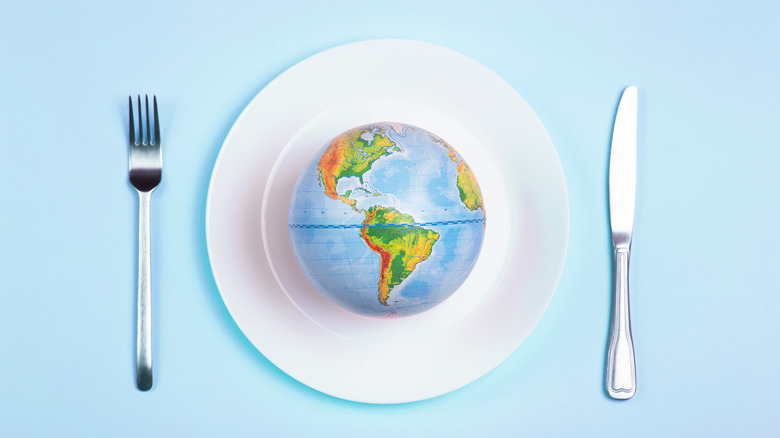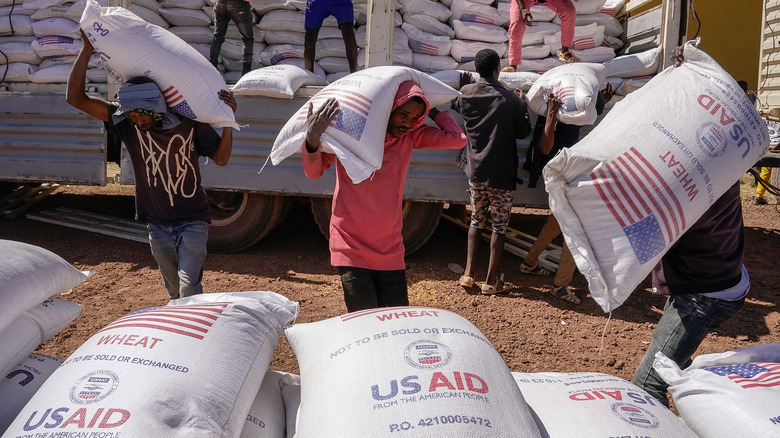USAID Has Announced A Trio Of Efforts To Fight Global Hunger
Global hunger, already a pressing enough issue, has been exacerbated in recent times by the escalating effects of climate change. Rising temperatures and unstable weather patterns pose an unprecedented danger to food security, and the United Nations warns that crop yields could plummet by as much as 30% between 2020 and 2050. In addition, the ongoing Russo-Ukrainian War, in which invading Russian forces have shut down vital ports, has deepened crop shortages and forced food prices upward.
The Biden Administration revealed a plan to eradicate hunger in the U.S. this past September, but the American government is now stepping up to address the issue on a global scale. These efforts fall under the purview of the United States Agency for International Development (USAID), which aims to provide aid to international communities. They address issues like sanitation, education, and disaster relief. On October 19, USAID Administrator Samantha Power and U.S. Secretary of Agriculture Tom Vilsack announced a partnership between USAID and the United States Department of Agriculture (USDA) called the Global Food Security Research Strategy.
Here's what this bold proposal will accomplish.
USAID will allocate funds to three initiatives
Administrator Power's announcement came at the 2022 Norman E. Borlaug International Dialogue, which was hosted by the World Food Prize Foundation and featured a theme called "Feeding a Fragile World." In a subsequent press release, USAID recapped Power's comments and provided further details on the plan. She focused on three areas of investment, summarized as "what we grow, how we grow, and who benefits." The Global Food Security Research Strategy aims to address these issues by investing in three core initiatives to serve vulnerable communities.
USAID will invest $75 million in food-fortification efforts, aimed at elevating the nutritional content of food by incorporating micronutrients in the processing stage. To do so, they will partner with local governments and private sector companies. Power also announced that USAID will invest $3.8 million to support Nobel Prize-winning seed-breeding research by ISAAA AfriCenter, Kenyatta University, and Addis Ababa University, which aims to develop more resilient crops. Lastly, Power announced a $27 million investment to expand the "Space to Place" initiative, which uses satellite imagery to determine the most fruitful places to fertilize, across Sub-Saharan Africa.

